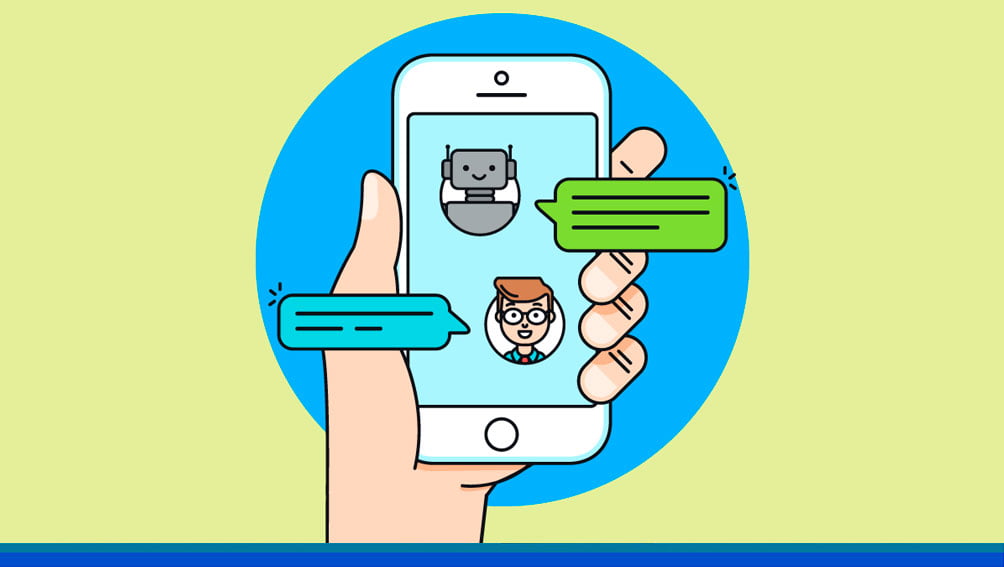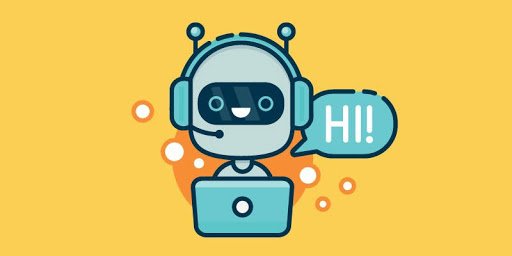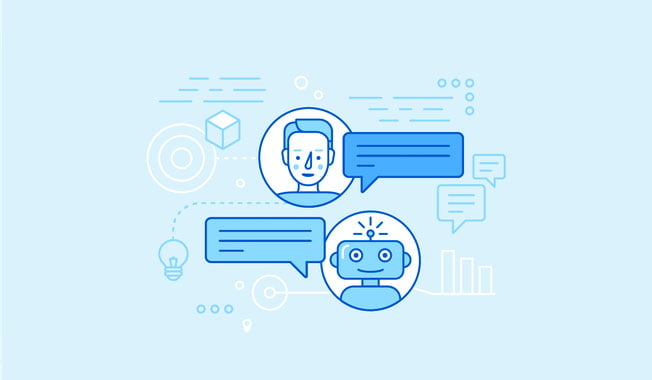Human customer services are essential for some companies but some of them are replaced by chatbots; today we are going to talk about which one is more effective. Knowing how to choose the best communication tool for your company requires some time and effort. The reality is that both of the choices bring a different added value to your company.
Human customer services are the most popular type of customer service in the market. It is the customer who makes the call. Then, the call center provides support that helps companies to assist their customers, to clear their concerns about a service or product. At the same time, this system helps to generate new customers.

On the other hand, according to figures issued by Facebook 53% percent of users say they would be more likely to buy from a business they can contact through chatbots. Thus, digital transformation points to the use of methods such as chatbot marketing to optimize all customer interaction processes (marketing, sales, customer service, and support).
Which one is more effective: Chatbots or human customer services?
Due to the digital transformation we are living in, consumers are now more informed customers and consequently, more demanding, so providing them with bad service is the factor that can cause your company or business to fail to thrive.
In previous years, the best bet for companies was to hire outsourcing services that offered human customer services, however, according to various surveys, the level of satisfaction generated was very low due to the following factors:
In previous years, the best bet for companies was to hire outsourcing services that offered customer care the famous “Call Centers”, however, according to various surveys, the level of satisfaction generated was very low due to the following factors:
- The call centers have a frequent personnel turnover thus, training is not constant. This is why, the person who provides assistance to consumers does not know 100% of the benefits of the company and therefore, he/she will not be able to quickly meet the needs of the consumer.
- Human customer services have limited opening hours, and if the department does not have the information that the client or consumer requires, the staff does not offer any type of solution, leaving the person in uncertainty.

- Being an outsourcing service, employees do not have a sense of “loyalty” to the company or business they are talking about, the consumer is very perceptive, so when they feel an unpleasant tone of communication, they do not want to have contact with the service.
- Another impediment for employees to receive constant training is that many of them are hired on a “project basis”, so if a consumer comes to ask about products or services that are no longer current, the employee will not be prepared to provide a complete service.
- Although this type of service reduces the investment in internal human capital, it does not generate a return on investment, because the sales work depends heavily on the emotional stability of the employee, i.e., in many cases customers complain because they were served by people who used an unpleasant tone and language.
A chatbot does not need constant training, once programmed, it has a learning system known as “machine learning”, even over time, it will provide you with specific and relevant data about your users and/or customers.
Chatbots are not an outsourcing service and they might become your strongest internal tool.





